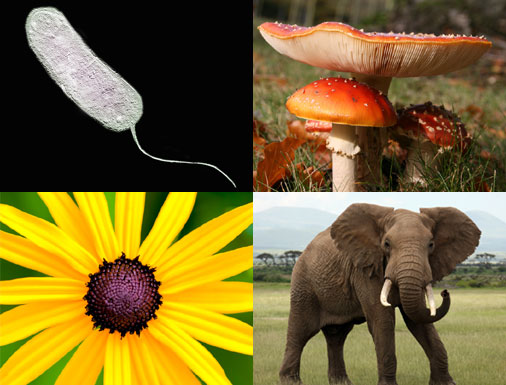Darwin's Predictions

Evolution happens through natural selection.
Darwin was not content to say that organisms evolve. The theory of evolution, he wrote, "even if well founded, would be unsatisfactory until it could be shown how the innumerable species inhabiting this world have been modified so as to acquire that perfection of structure and coadaptation that most justly excites our admiration" [italics added]. In what has been called "the greatest idea anyone ever had," Darwin theorized how those modifications occurred—through a process he called natural selection, which holds that individuals within a species that are best suited to their environment will survive and reproduce more than those less suited, thereby passing on their more useful traits and genetic qualities to successive generations. "Nothing that we have learned in the intervening 175 years," writes paleontologist Niles Eldredge of the time since Darwin first started formulating his theory, "has contravened Darwin's basic description of how natural selection works."